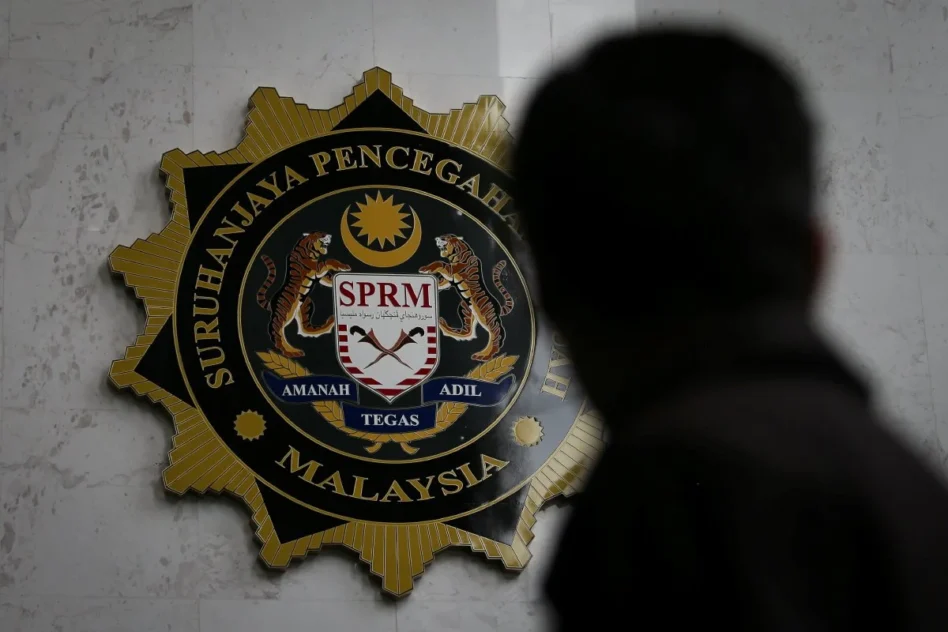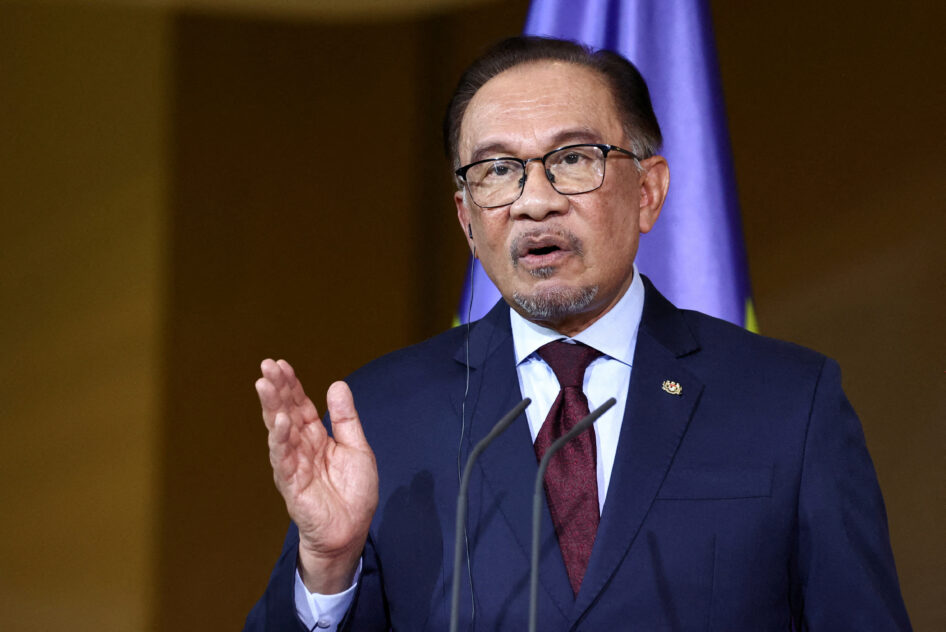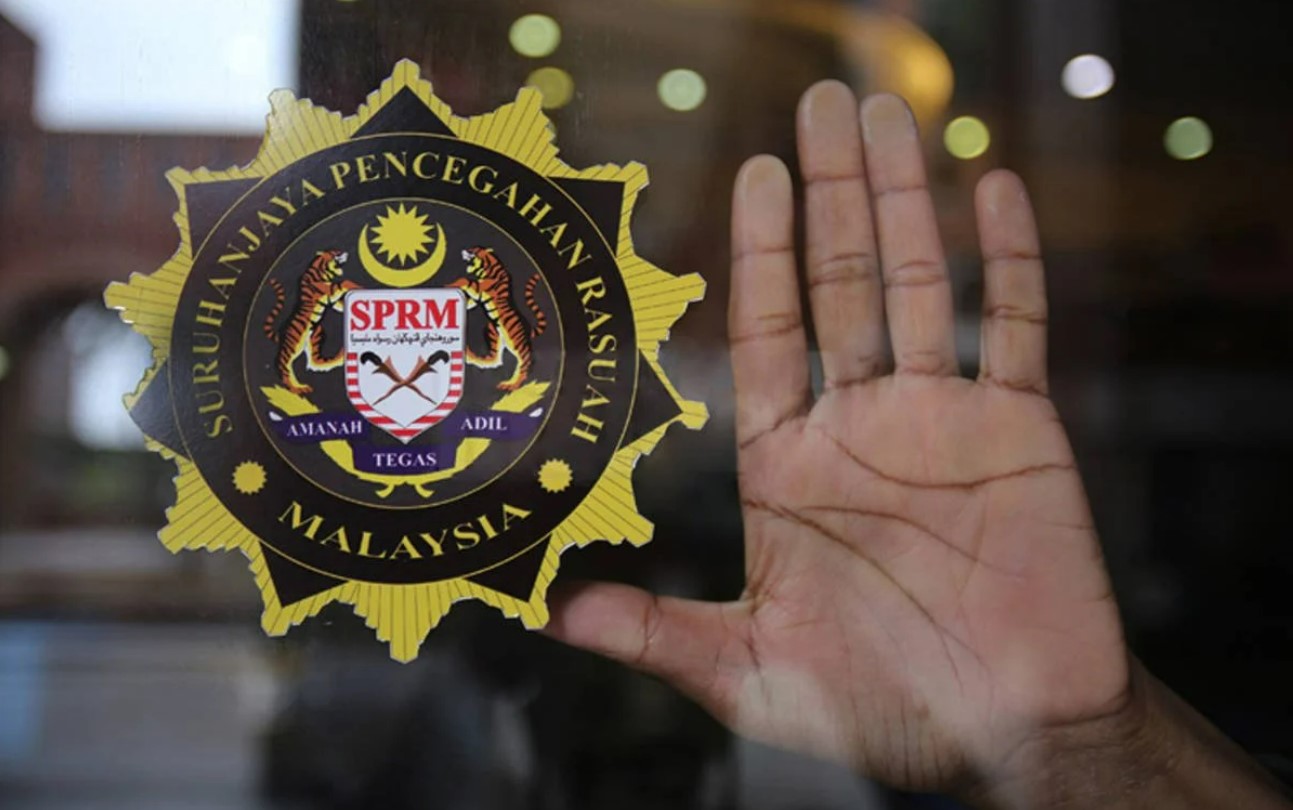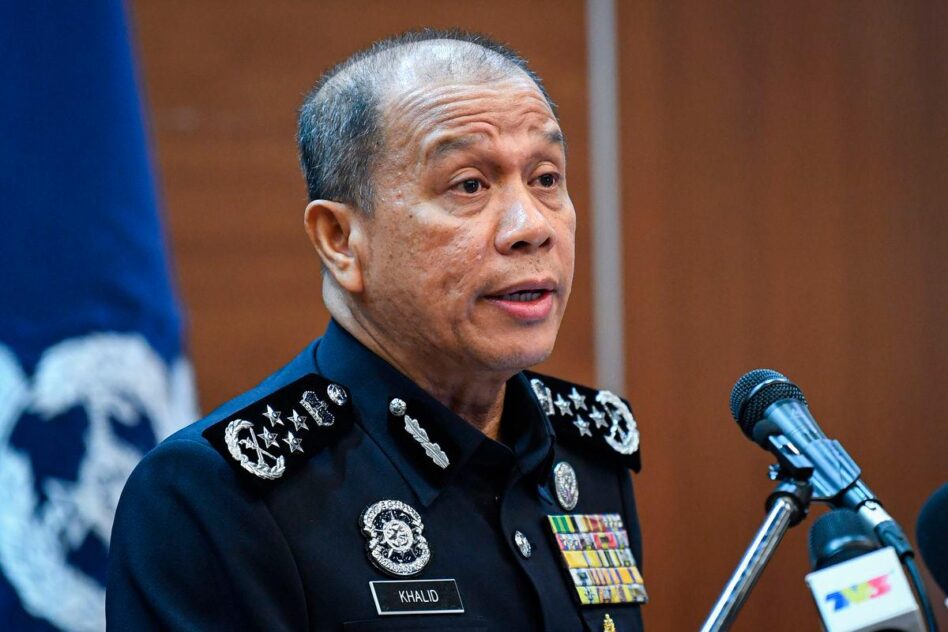MALAYSIA signed the United Nations Convention against Corruption (UNCAC) on Dec 9, 2003 and ratified it on Sept 24, 2008. This important decision marked a new chapter in Malaysia’s efforts to fight corruption.
Since then, Malaysia has introduced significant reforms and implemented measures aligned with international standards as required by UNCAC.
Under UNCAC’s Implementation Review Mechanism (IRM), Malaysia completed two cycles of peer review. In the first cycle (2012–2013), the Philippines and Kenya reviewed Malaysia’s compliance with Chapter III (Criminalisation and Law Enforcement) and Chapter IV (International Cooperation).
The second cycle (2015–2019), conducted by Timor-Leste and Eswatini, focused on Chapter II (Preventive Measures) and Chapter V (Asset Recovery).
From these reviews, Malaysia received 22 recommendations aimed at strengthening its legal framework, institutions, and processes in areas of prevention, criminalisation, international cooperation, and asset recovery.

The reviews also identified 35 good practices, highlighting Malaysia’s notable progress and adherence to UNCAC’s standards:
- Chapter II: Preventive Measures (6 good practices)
- Chapter III: Criminalisation and Law Enforcement (8 good practices)
- Chapter IV: International Cooperation (5 good practices)
- Chapter V: Asset Recovery (16 good practices)
Malaysia actively participates as a reviewer in the UNCAC review mechanism. In 2019, Malaysia and Burkina Faso jointly reviewed Palestine, with Malaysia reviewing Chapter V (Asset Recovery) and Burkina Faso reviewing Chapter II (Preventive Measures).
In 2020, Malaysia partnered with North Macedonia to review Georgia, where Malaysia assessed Chapter V (Asset Recovery), and North Macedonia reviewed Chapter II (Preventive Measures).
Currently, Malaysia is working alongside Argentina to review Vanuatu. Malaysia, having previously reviewed Chapter V (Asset Recovery) is now reviewing Chapter II (Preventive Measures), while Argentina reviews Chapter IV.
These collaborative efforts demonstrate Malaysia’s ongoing commitment to international cooperation in fighting corruption.
The Malaysian Anti-Corruption Commission (MACC) is Malaysia’s focal agency for UNCAC matters. MACC actively participates in international UNCAC platforms such as the Open-ended Intergovernmental Working Groups on Asset Recovery and Prevention of Corruption, the Implementation Review Group (IRG), and the Conference of the States Parties (CoSP).
Furthermore, MACC officers regularly serve as speakers and panellists and frequently make interventions on thematic topics discussed during these meetings, showcasing Malaysia’s strong presence and contributions in global anti-corruption discussions.
From these reviews, Malaysia received 22 recommendations aimed at strengthening its legal framework, institutions, and processes relating to preventive measures, criminalisation, international cooperation, and asset recovery.
Some specific recommendations highlighted by UNCAC reviewers, on which Malaysia has already taken concrete steps, include adopting a coordinated national anti-corruption strategy, enhancing the independence of anti-corruption authorities, and strengthening corporate accountability.
In response to these recommendations, Malaysia launched the National Anti-Corruption Plan (NACP) 2019–2023 in line with UNCAC Article 5.
This comprehensive plan focused on reducing corruption risks in critical sectors such as political governance, public procurement, corporate governance, law enforcement, and judicial integrity.

Building on this initiative, Prime Minister Datuk Seri Anwar Ibrahim has introduced the National Anti-Corruption Strategy (NACS) 2024–2028, whereby the NACS sets out five strategies and 60 sub-strategies to be carried out over its five-year duration on education, public accountability, the people’s voice, enforcement, and incentives.
Under UNCAC Article 6, Malaysia is revising the requirements for appointing and dismissing of the MACC Chief Commissioner, ensuring greater independence and transparency in the perception of this crucial role.
Additionally, efforts are underway to propose a MACC Service Commission to provide MACC with enhanced independence and operational autonomy, including oversight over personnel matters.
On criminalisation and law enforcement (UNCAC Chapter III), Malaysia amended the MACC Act 2009 by introducing corporate liability provisions (Section 17A), effective June 2020.
This provision makes corporations accountable for corruption offences committed by their employees or associated individuals, aligning national legislation with UNCAC Article 26 on liability of legal persons.
Throughout these reform initiatives, Malaysia prioritises inclusive engagement, involving government agencies, members of Parliament, civil society organisations, academic institutions, and international stakeholders. This collaborative approach ensures reforms are practical, widely supported, and aligned with both national priorities and UNCAC standards.
As Malaysia advances on its anti-corruption journey, the sustained implementation of UNCAC recommendations and active engagement on the international stage reflect a clear commitment to integrity and reform.
While challenges remain, the tangible progress achieved lays a solid foundation for continued improvement.
By maintaining momentum, strengthening institutional frameworks, and fostering a culture of transparency and public accountability, Malaysia has the potential to emerge as a regional and global leader in anti-corruption efforts—setting a compelling example of how consistent, principle-based action can drive lasting change. ‒ May 29, 2025
Rasidah Abdul Karim is the Director of Policy, Planning and Research Division (BDPP) at the Malaysian Anti-Corruption Commission.
The views expressed are solely of the author and do not necessarily reflect those of Focus Malaysia.
Main image: The Edge Markets









